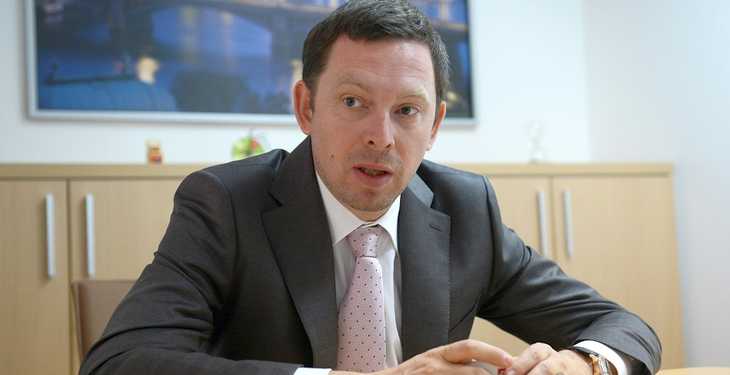Changes in the renewable legislation should constitute a priority, said Martin Zmelik, CEO of CEZ Romania. However, due to incoming elections, the regime of the green certificates (GCs), that constitute the support-scheme for the green energy will keep on driving investors towards negative yields and bankruptcies.
“We don’t expect the changes in the renewable regime to boost our income, but we rather look for a predictable environment, as we are not some stock exchange speculators. This is about all the investors and all the consumers in the market,” said Zmelik, responding to an energynomics.ro question, in the press conference when CEZ Romania released their financial results in 2015. He says that the industry did not reach a deal with the government or the Parliament, and the market still vehiculates a lot of ideas on how to amend the support-scheme. However, one thing is certain: the GCs’ life span must be extended and their admissible annual issuance quota must grow.
”There is not a consolidated scenario in the market, there are a lot of ideas coming from interested parties. We consider that the expansion of the lifespan of the green certificates…does not put pressure on consumers.
Now the certificates are impossible to be sold,” says Zmelik.
But the industry is not aligned: there are a lot of companies excepted from the GCs payment, the large consumers benefitting from a deduction of up to 85% of the GCs, in some cases, after a powerful lobby during the past years.
“It is probably good for them, to stay in a competitive market, on the other hand is shifting the responsibility to consumers, and limitating the volume of the green certificates to be placed,” says Zmelik.
Another parameter to be changed is the GCs annual ratio that the regulatory body allows the companies to receive.
“There should be a slight increase of the yealy quota of the GCs, but this parameter is very sensitive, as it could increase the final price.”
But for the moment, there are no intentions to change any laws, as Romania gets ready for elections.
“At the moment I am not aware of a consolidated proposal going through Parliament or other committees, so is hard to comment. Everyone knows that this should happen, but this is a difficult period to pass through any legislation as we are ahead of elections, and it is hard to predict when this will be fixed. If you ask me, the first half of next year is the latest period, because the investors will start to write off big volumes of GCs,” Zmelik concludes.

